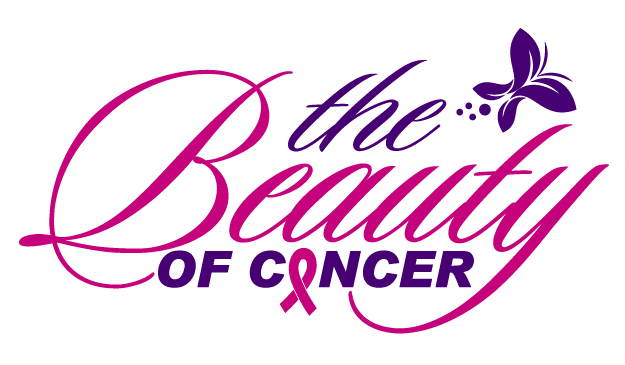Like so many families, my extended family is not very close. My mother had gotten breast cancer at the age of 76. Since my mom was older when she was diagnosed, there was little reason for me to think that I was at increased risk for developing breast cancer. Shortly after I was diagnosed, I found out from one of my aunt’s on my father’s side, that she and her sister had breast cancer as well. She was 30 when she was diagnosed and my other aunt was in her 40’s. That information changed everything. With two aunts developing breast cancer under the age of 50, that increases the likelihood that breast cancer could run in my family. So I decided to get tested.
I did the MY Risk Panel , which tests for many different kinds of abnormalities in your genes that could cause cancer. Two weeks later, I found out that my test was positive for a gene that increased my risk of breast cancer. If I had known my family history before I was diagnosed, I could have possibly prevented this breast cancer by doing things to decrease my risk.
How do you know if you should be tested?
- Have you had breast cancer at age 50 or younger?
- Have you had triple negative breast cancer?
- Have you ever had ovarian cancer?
- Are you male and have had breast cancer at any age?
- Have you had a male relative diagnosed with breast cancer?
- Are you of Ashkenazi Jewish descent and have a personal or family history of breast, ovarian or pancreatic cancer?
OR
- Was someone in your family diagnosed with breast cancer before age 50?
- Was someone in your family diagnosed with ovarian cancer?
- Has your family had two breast cancers in the same person or on the same side of the family?
- Has a male family member been diagnosed with breast cancer?
- Was someone in your family diagnosed with triple negative breast cancer at any age?
- Have three or more family members had breast, ovarian or pancreatic cancer on the same side of the family?
- Is there a previously identified BRCA1 or BRCA2 mutation in the family?
If you answered yes to any of these questions, you could be at increased risk for developing cancer. You should talk to your doctor about getting tested.
If you don’t know the answers to these questions, then it is time to start talking to family members to find out the answers. Knowing your risk could be the difference between life and death.
If you are at increased risk, you and your doctor can make better, more informed decisions about your health, before you get cancer or before a second cancer has had a chance to develop.
I’m glad I know my risk. I was able to have both of my breasts and ovaries removed to decrease my chance of developing a second cancer and I was able to tell all my sisters, so they could be tested too.
Do you know your risk?
![]()
: Family secrets can kill. Talk to your family, know your risk.



